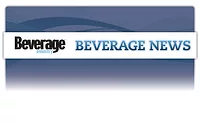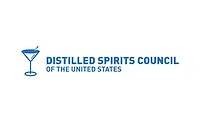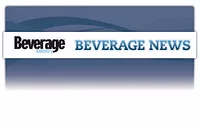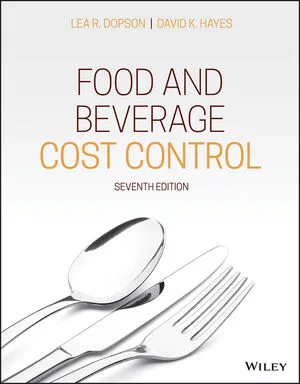Spirits industry on road to recovery, DISCUS reports
The distilled spirits industry is showing signs of recovery, reported the Distilled Spirits Council of the United States (DISCUS) in its presentation of 2010 economic data. Despite the growth, the association cautioned policy-makers against increasing tax burdens as the economy is still recovering, said Peter Cressy, chief executive officer of DISCUS, in a statement.
Supplier volumes increased 2 percent to 190 million cases and revenue rose 2.3 percent to $19.1 billion, Cressy stated. Despite the increases, he pointed out that the rate of growth is less than pre-recession growth rates and the on-premise sector continues its slow recovery.
“In 2010, the industry improved its performance over the previous year, but this recovery remains fragile, and we are not yet out of the woods,” Cressy said. “Consumers did begin to trade back up to premium spirits products, but the hospitality industry is still far from its average pre-recession performance.”
However, consumers began to return to high-end and super-premium spirits products in 2010 as revenue in the super-premium category increased 10.9 percent, Cressy said. Revenue-based market share for spirits overall compared to beer and wine increased to 33.3 percent of the beverage alcohol market. In the same time period, beer fell below 50 percent of the market share, DISCUS reports.
The spirits category was led by vodka, which accounts for 31 percent of industry volume, according to DISCUS. The vodka category increased 6.1 percent to 59 million 9-liter cases. In the super-premium vodka category, volume grew nearly 18 percent and revenue gained nearly 14 percent, the organization stated.
Whiskey also showed strong revenue growth, particularly in the super-premium segment, which increased by 8.1 percent overall to $1.1 billion, DISCUS said. Within the segment, bourbon and Tennessee whiskey revenue increased by more than 17 percent to $161 million; single malt scotch grew nearly 18 percent to $140 million and Irish whisky grew 30 percent to $23 million. In addition, super-premium brandy and cognac increased 10 percent to $315 million, DISCUS reported.
Cressy cited a number of factors that contributed to the industry’s return to growth, including the lack of increase in hospitality taxes in all 50 states, the trend toward more in-home entertaining and spirits companies’ wide portfolios that include quality value brands that kept consumers’ interest during the recession, the organization said.
Supplier volumes increased 2 percent to 190 million cases and revenue rose 2.3 percent to $19.1 billion, Cressy stated. Despite the increases, he pointed out that the rate of growth is less than pre-recession growth rates and the on-premise sector continues its slow recovery.
“In 2010, the industry improved its performance over the previous year, but this recovery remains fragile, and we are not yet out of the woods,” Cressy said. “Consumers did begin to trade back up to premium spirits products, but the hospitality industry is still far from its average pre-recession performance.”
However, consumers began to return to high-end and super-premium spirits products in 2010 as revenue in the super-premium category increased 10.9 percent, Cressy said. Revenue-based market share for spirits overall compared to beer and wine increased to 33.3 percent of the beverage alcohol market. In the same time period, beer fell below 50 percent of the market share, DISCUS reports.
The spirits category was led by vodka, which accounts for 31 percent of industry volume, according to DISCUS. The vodka category increased 6.1 percent to 59 million 9-liter cases. In the super-premium vodka category, volume grew nearly 18 percent and revenue gained nearly 14 percent, the organization stated.
Whiskey also showed strong revenue growth, particularly in the super-premium segment, which increased by 8.1 percent overall to $1.1 billion, DISCUS said. Within the segment, bourbon and Tennessee whiskey revenue increased by more than 17 percent to $161 million; single malt scotch grew nearly 18 percent to $140 million and Irish whisky grew 30 percent to $23 million. In addition, super-premium brandy and cognac increased 10 percent to $315 million, DISCUS reported.
Cressy cited a number of factors that contributed to the industry’s return to growth, including the lack of increase in hospitality taxes in all 50 states, the trend toward more in-home entertaining and spirits companies’ wide portfolios that include quality value brands that kept consumers’ interest during the recession, the organization said.
Looking for a reprint of this article?
From high-res PDFs to custom plaques, order your copy today!








